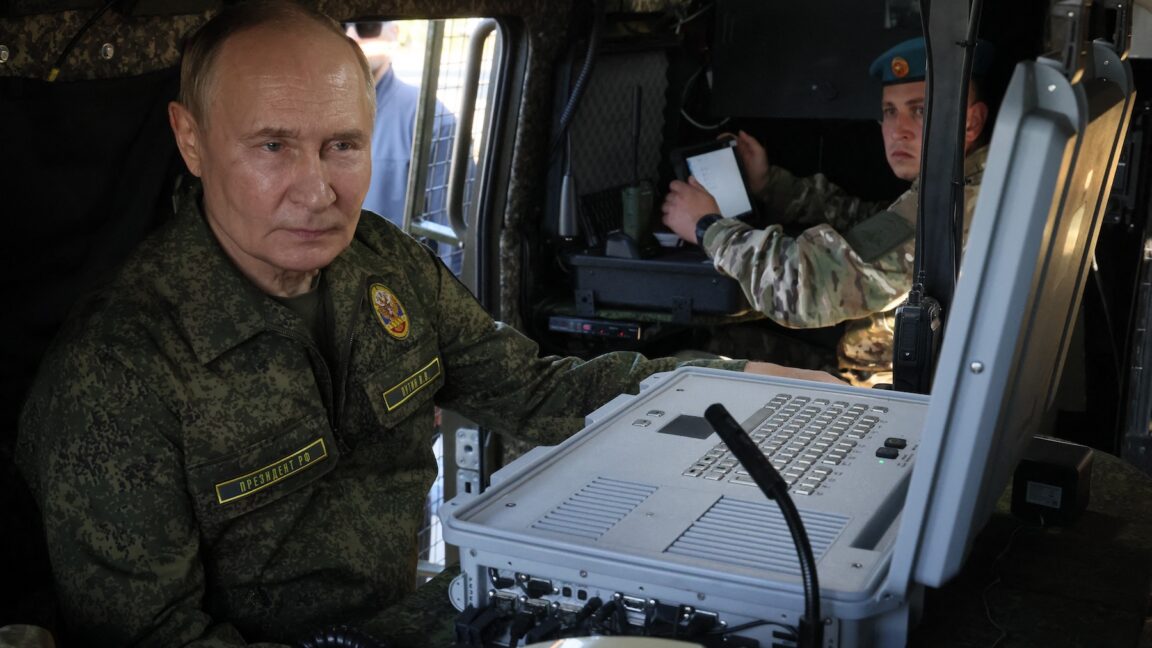
""They can jam, blind, manipulate, or kinetically destroy satellites," Pistorius said. "There are no borders or continents in space. Russia and China are our direct neighbors there." Controlling the high ground is often a military imperative, Pistorius said, adding: "Russia and China already occupy important strategic hills and mountains in space-a threat we can no longer ignore." "Satellite networks are now the Achilles heel of modern societies," Pistorius said."
"Pistorius said Germany is "ready to assume more responsibility" for defense and deterrence in space, with plans to invest 35 billion euros ($40.8 billion) in space security through 2030. Focus areas include satellite constellations, ground stations, secure launch capabilities, improved cybersecurity measures, and radars and telescopes to track orbital traffic. It's also time for Germany to "discuss offensive capabilities" in space, Pistorius said. This is a reversal of the country's long-standing policy against anti-satellite weapons."
Russian spacecraft are tracking two German military communications satellites. Russia and China can jam, blind, manipulate, or kinetically destroy satellites and occupy strategic hills and mountains in space. Satellite networks are now the Achilles heel of modern societies and attacks on them can paralyze entire countries. Future conflicts will be fought openly in orbit. Germany plans to invest 35 billion euros through 2030 in space security, focusing on satellite constellations, ground stations, secure launch capabilities, cybersecurity, radars, and telescopes. Germany will also discuss offensive space capabilities, reversing a long-standing anti-anti-satellite policy and reducing reliance on foreign partners.
Read at Ars Technica
Unable to calculate read time
Collection
[
|
...
]